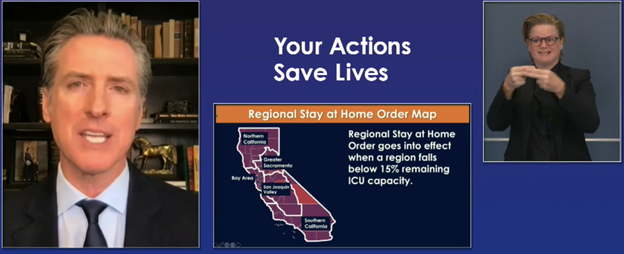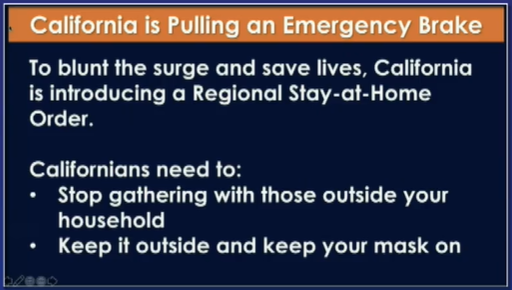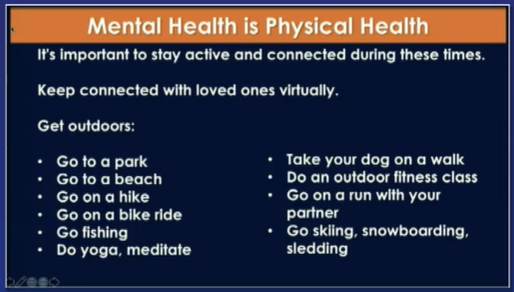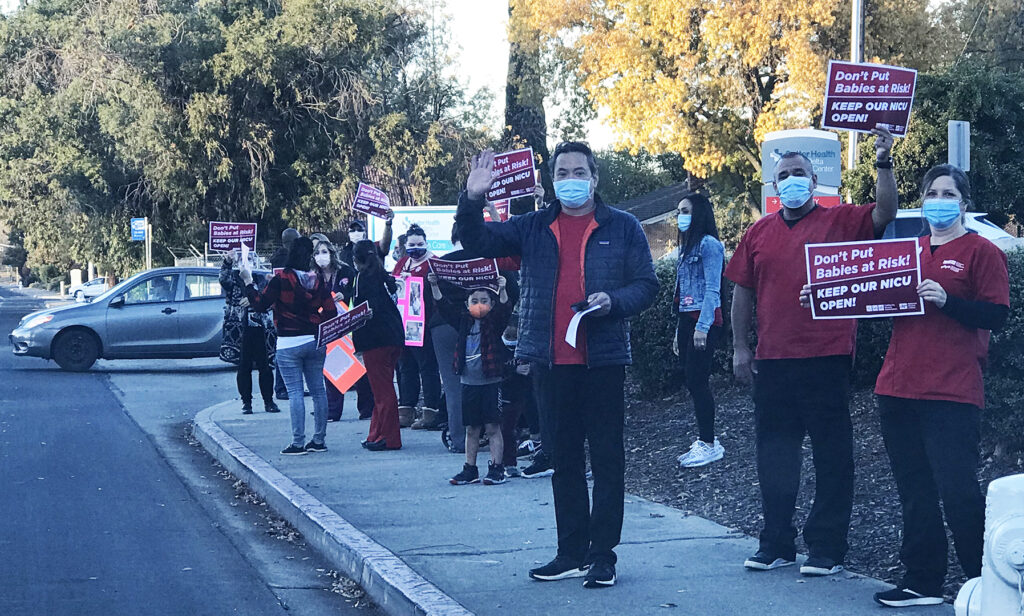
Sutter Delta Medical Center nurses protest the Dec. 31 closure of the hospitals Neonatal Intensive Care Unit on Tuesday, Dec. 1, 2020. Photo by Allen Payton
Patients will be transferred to Alta Bates in Berkeley or other hospitals; mother and baby could be separated; closure based on financial challenges and lack of need; all unit staff have been offered other positions at the medical center
By Allen Payton
Holding signs that read “Don’t Put Babies At Risk! Keep Our NICU Open!”, nurses at Antioch’s Sutter Delta Medical Center staged a protest on the sidewalk next to the entrance of the hospital Lone Tree Way on Tuesday opposing the closure of the Neonatal Intensive Care Unit in January.
“That means patients will have to be transferred to another hospital, like Alta Bates instead,” said one of the nurses said at the protest.
“Mothers who are under 37 weeks gestation or high risk will be transferred to another facility,” Mari Ward, an RN at Sutter Delta shared. “Babies born inside the hospital requiring NICU care will now be transferred to Alta Bates Medical Center in Berkeley or Children’s Hospital in Oakland, separating mothers from their newborn.”
“So far this year, approximately 16% of our babies needed some form of NICU care,” she added.
According to a Nov. 30 press release from the California Nurses Association, “the hospital plans to shutter the unit by the end of December. The NICU unit cares for critically ill babies. After the closure, sick babies will be transported to other facilities, potentially placing patient safety in jeopardy. RNs who staff the NICU have expressed concern that the hospital’s policy is short-sighted and will leave infants in their first hours of life vulnerable to the worst possible outcomes.”
“Often the most difficult, trying moments for a baby that requires intensive care is the first few minutes and hours when we struggle to stabilize the baby,” said Ward. “This is highly skilled work that takes training and experience. I am so scared for the babies that we care for. That is why I am speaking out.”
The CNA press release continued, “Currently the hospital relies on NICU nurses not just for inpatient NICU stays but also as a nursery for ‘transition babies.’ Transition babies are essentially well but exhibit some worrisome signs that need to be monitored. For example, transitional tachypnea of the newborn, which more frequently occurs in newborns born to diabetic or asthmatic mothers and those born via cesarean section. These newborns with small signs of respiratory distress may require monitoring or interventions, including respiratory support.”
“Many babies have small signs of respiratory distress. In most cases they end up fine. But sometimes things go south,” Ward said. “Having trained neonatal nurses monitor these situations can save a life or prevent long-term complications.”
“This company’s decision to cut off our patients and our community from vital services is unconscionable,” said Sharon Martinez”, an operating room registered nurse.
“The NICU nurses respond daily to assist when complications arise during birth,” said Edith Owens, a registered nurse in the hospital’s Ambulatory Care Surgery unit. “Shame on Sutter Delta for putting profits over ensuring that they are alive and healthy to meet those challenges. Who will be there in these situations when we are gone?”
“This closure was announced prior to the beginning of January 2021, therefore only a 30-day notice is required,” Ward explained. “If it was announced after January 1st, 2021, under AB 2037 which was endorsed by the California Nurses’ Association, the hospital would have been required to give a 90 day notice, publish in the newspaper, notify the public, notify local city council, etc. This was a rushed notice with no plan on how or when to train L&D staff on newborn stabilization or allowing the Women’s Health Center time to prepare. Babies lives are at risk. This is a huge concern for our obstetrics doctors and the doctors specifically ask that this was shared with the media as well.”
Ward shared an official statement during a press conference about the NICU closure Tuesday afternoon.
“My name is Mari Ward, and I am a registered nurse in the NICU at Sutter Delta Medical Center. I’m joined by my RN colleagues from Sutter Delta. Our message today is an urgent response to Sutter Delta’s short-sighted decision to close the Neonatal Intensive Care Unit. This closure would be a loss for this community, which depends on this hospital to have resources of specially-trained personnel like NICU nurses to address any complications that may occur during birth or after. A few examples of complications include: emergency deliveries outside the unit (ie the hospital parking lot), internal ‘high risk’ births, and resuscitation/stabilization of the tiniest of pre-term babies known as ‘micropremies.’ Closing this hospital’s NICU also threatens families. There’s a chance a mother could be separated from her newborn who would have to be transferred if NICU services are needed. The hospital is placing profits over patient safety. Placing financial line items and profit over ensuring that these critically ill infants remain alive and healthy. As Union nurses it is our duty to speak publicly about these failures, just as it is our duty to care for our patients at the bedside. We call on our Employer to immediately rescind this decision to close the NICU. Thank you.
We need the community’s support in this fight to keep our NICU open!”
According to Sutter Health Media Relations Manager, Monique Binkley Smith the decision to close the NICU at Sutter Delta was based on financial challenges and lack of need.
“Many hospitals across the country are facing financial challenges, which the global health crisis is making even more urgent,” she shared. “As many people continue to delay preventive care and avoid hospital emergency departments, Sutter Delta Medical Center (SDMC) patient volumes, like those at many hospitals across the country, have not returned to pre-pandemic levels and are not expected to in 2021.”
“Added to this difficult environment, the birthrate and the demand for neonatal intensive care services have both declined in the Delta region for the past three years. Births at SDMC have declined about 32% since 2016,” Binkley Smith continued. “Neonatal Intensive Care Unit (NICU) discharges at SDMC follow a similar pattern. This year, SDMC’s special care nursery has had an average census of less than one baby per day. In fact, many days there are no babies in the SDMC NICU. In the face of significant volume loss for the hospital overall and the declining demand for neonatal intensive care services, SDMC has made the difficult decision to close its special care nursery, also called a Level 2 Neonatal Intensive Care Unit (NICU), by December 31, 2020.
“It is important to note that all affected staff members have been offered roles at SDMC or within the Sutter Health integrated network of care, and these staff members will also be provided with retraining if needed. Sutter Health and SDMC value and support the unique talents and strengths that each employee brings to our organization,” she stated. “SDMC will continue to provide high-quality Labor and Delivery services to the Delta community. Additionally, in order to ensure the highest quality of care for any baby that needs a higher level of care, all SDMC Labor and Delivery nurses will receive additional training as required.”
Transfers to Alta Bates Not New
Binkley Smith confirmed that patients will be transferred to Alta Bates, but that it’s not a new practice.
“As has been the practice for years, babies born at SDMC that require a higher level of care will continue to be transferred to the Level III NICU at sister hospital Alta Bates Summit Medical Center, or to another appropriate hospital,” she shared. “This is common practice; many community hospitals do not offer NICU services. The vast majority of babies born at SDMC do not require NICU services and stay in-room with their parents after they are born.”
“SDMC is proud of the exceptional level of care provided families and their newborns by its staff, nurses and affiliated physicians,” Binkley Smith offered. “SDMC will continue to evolve its services to reflect the Delta community and meet the needs of its patients.”
She also added a note about Level II NICU/Special Care Nurseries: “A special care nursery or Level II NICU provides the lowest level of NICU care for newborns. Typically, the babies in a Level II NICU are premature infants born after 32 weeks gestation or who are moderately ill with problems such as jaundice that are expected to resolve rapidly.”
California Nurses Association Responds
In response, California Nurses Association labor representative, Robert Heaster who was in attendance at Tuesday’s protest, wrote, “This closure would be a loss for this community, which depends on this hospital to have resources of specially-trained personnel like NICU nurses to address any complications that may occur during birth or after. A few examples of complications include: emergency deliveries outside the unit (ie the hospital parking lot), internal ‘high risk’ births, and resuscitation/stabilization of the tiniest of pre-term babies known as ‘micropremies.’
Closing this hospital’s NICU also threatens families. There’s a chance a mother could be separated from her newborn who would have to be transferred (up to 40 miles) if NICU services are needed. This short-sighted decision by the hospital is placing profits over patient safety. Placing financial line items and profit over ensuring that these critically ill infants remain alive and healthy. As Union nurses it is their duty to speak publicly about these failures, just as it is their duty to care for the patients at the bedside. We call on the Employer to immediately rescind this decision to close the NICU. Thank you.”
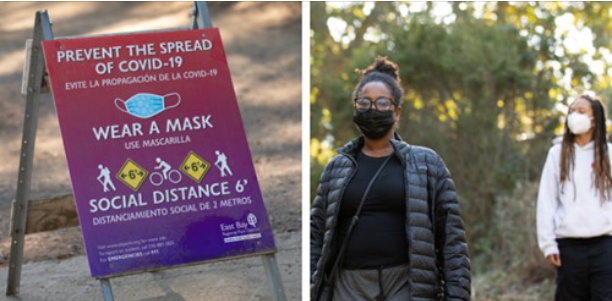











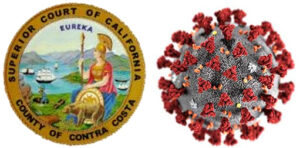 COVID-19 cases have spiked, resulting in a new stay-at-home order for the county effective this weekend. To limit the risk of COVID-19 transmission, the Court will enact a LIMITED COURT CLOSURE effective Monday, December 7, 2020, and until further notice.
COVID-19 cases have spiked, resulting in a new stay-at-home order for the county effective this weekend. To limit the risk of COVID-19 transmission, the Court will enact a LIMITED COURT CLOSURE effective Monday, December 7, 2020, and until further notice.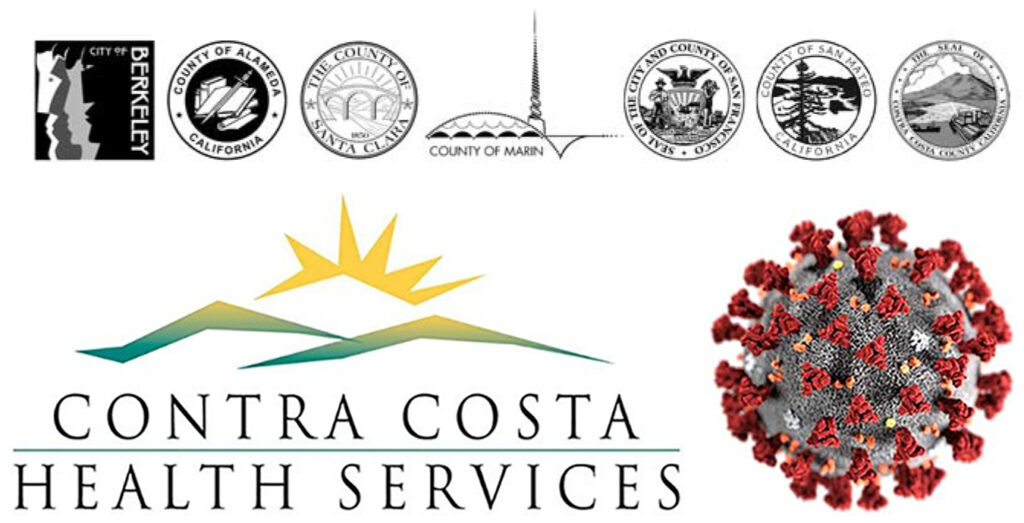
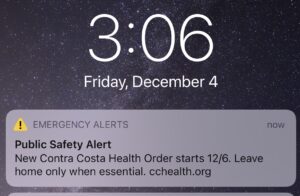
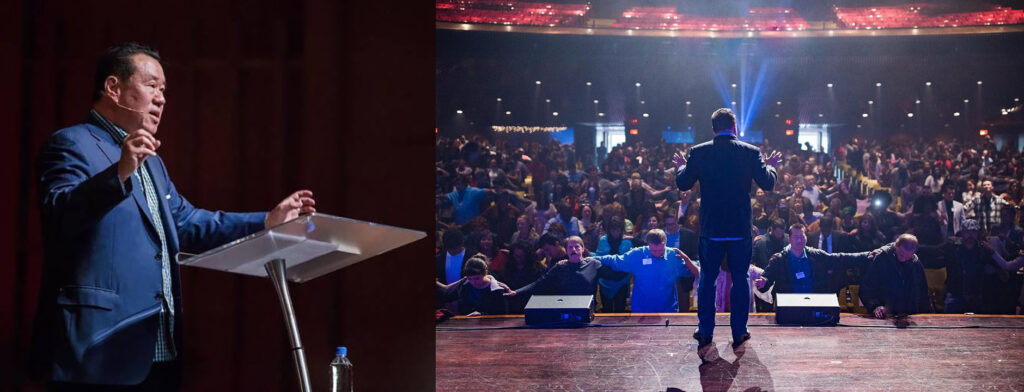
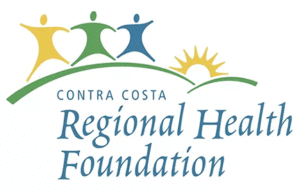 The Contra Costa Regional Health Foundation (CCRHF) in partnership with the Silicon Valley Community Foundation has granted $1.6 Million to 44 local, community-based organizations in their first wave of grant funding. The Foundation also received a generous grant from the Chan Zuckerberg Initiative, as well as individual donations from the community.
The Contra Costa Regional Health Foundation (CCRHF) in partnership with the Silicon Valley Community Foundation has granted $1.6 Million to 44 local, community-based organizations in their first wave of grant funding. The Foundation also received a generous grant from the Chan Zuckerberg Initiative, as well as individual donations from the community.